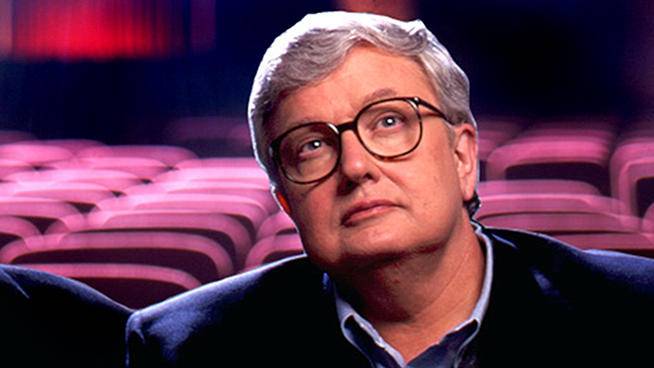I remember, as a kid, watching At the Movies with Siskel & Ebert. It was regular viewing for me, and I recall that I was nearly always at my grandmother’s house when I watched it. I was less interested, at that age, in seeing new films than I was in hearing what Siskel and Ebert thought of them. When those two smart, opinionated men crossed swords over a film, it was fascinating. Two grown men, both of whom obviously knew what they were talking about, arguing the merits (or failings) of films I might see or might already have seen. Having a child’s perception, I viewed Ebert as the Nice Critic and Siskel as the Mean Critic. It’s not that Ebert liked everything or that Siskel hated everything; it’s just that Siskel seemed far more dismissive and clipped about his tastes, whereas Ebert would puff up and gesticulate and throw the whole of his being into a film’s defense or condemnation.
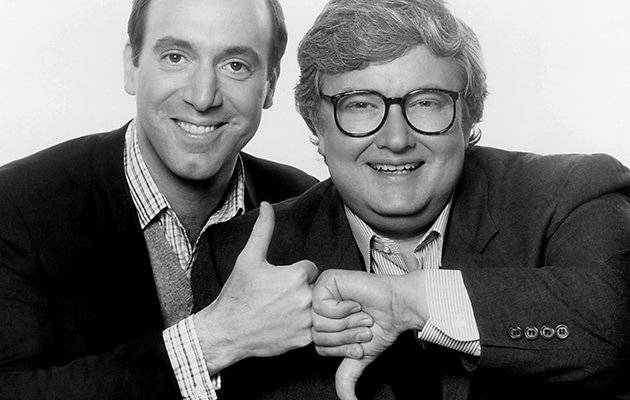
Not knowing much about the men at the time, it was easy for a little kid to look at them both and decide, “Well, Roger Ebert just likes movies more than the other guy does.”
As I got older, I still sought out Ebert’s opinion of films, wondering if he thought as highly of certain films as I did. I won’t lie: there were times when I saw a film, liked it, read Ebert’s review, and then tempered my appreciation, deferring to his opinion. That’s not to say that I always agreed with him. Nor is it to say that he always agreed with himself, all the time. I always loved the fact that Ebert had a bit of a sliding scale, one that allowed for the fact that not all films can be graded equally. Some films could be bad but not necessarily unenjoyable. Others might be visually gorgeous but boring as hell. He even went so far, occasionally, as to change his mind. (Can you imagine?!)
Occasionally there would be a small factual error in a review, like the number of people present in a scene or the exact phrasing of a line of dialogue. I appreciated this tremendously, because it pointed to the fact that he was watching the movie and basing his review on his experience of it, his recollection of it. He saw the movie, thought about it, and shared his thoughts. Like a friend would. A friend who knew more about movies than you do. The man was not Google or Wikipedia. He was a writer.
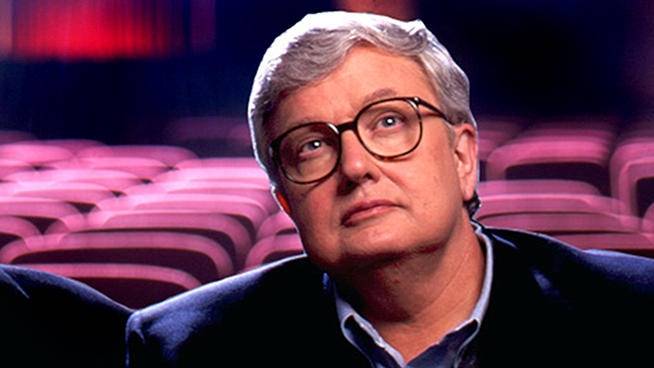
In the years since the internet has made the vast treasure trove of Ebert’s reviews so easy to access, I have continued my comparison of his review of a film to my own private, unpublished, completely amateur rendering. In the first couple of years after my daughter was born (and I was attending exactly zero movies in the cinema), I relied on Ebert’s descriptions and opinions to know what — if anything — I was missing. It reminded me a bit of the scene from the film The Lost Boys, in which the crotchety grandfather tells his grandsons, “I just like to read the TV Guide. Read the TV Guide, you don’t need a TV.”
I have found myself perusing Ebert’s website more and more over the last few years, sometimes looking for specific films, sometimes conducting searches for specific actors or directors, just to see if Ebert’s assessment of them wavered from film to film or if he seemed to have favorites. This was a casual observation on my part, intermittent at best, but I always came back to him, digging into my own list of top films for a title I could enter, just to read what he thought when he saw it.
I dug through Ebert’s “Great Movies” section to find his thoughts on my personal favorite film, Jaws, and was so elated to find that his feelings were so close to mine; not that he called it his favorite movie or gushed about it as madly as I have a tendency to do, but still he spoke with reverence and joy about a good film that raised the bar not only for a young director, but for a genre of film.
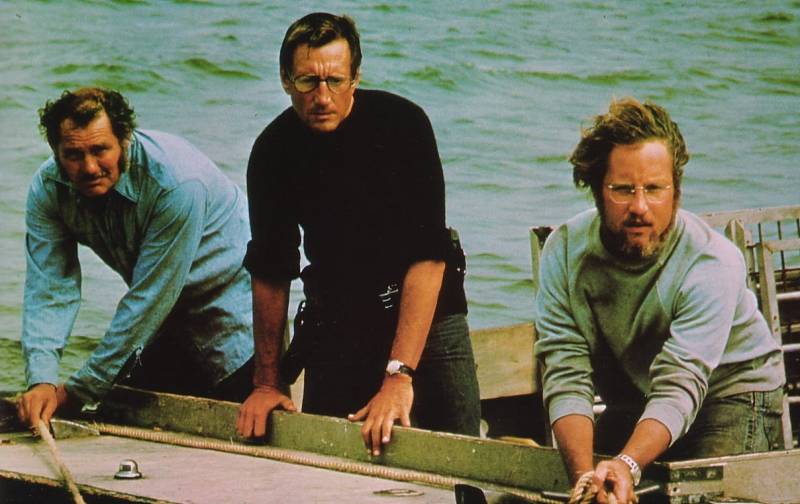
When the director Tony Scott died not long ago, I spent some time on Ebert’s website, looking up as many of Scott’s efforts as I could find. I went to Ebert like to a worldly uncle or a confidant, wanting to hear some good stories about someone I had lost. I was a fan of Scott’s, from True Romance to Crimson Tide to Man on Fire. And while Scott was never an Oscar contender or a director who garnered as much critical respect as commercial appeal, Ebert seemed to appreciate the fact that Scott had his own distinctive style and could utilize his strengths to be a very effective storyteller.
As much fun as it has always been to read Ebert’s favorable reviews, I have always delighted in the times when he cut a movie’s little, black heart out, usually because its characters were dumb and its plot was dumber. Although Ebert made a living reviewing movies, he knew when his time was being wasted, and he was indignant on our behalf, too.
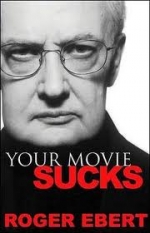 The man wrote a book called Your Movie Sucks, for crying out loud. And how wonderful that he did. This title comes from one of my favorite stories about Ebert. The story goes that Rob Schneider, that paragon of cinematic excellence, was complaining to a well-known reviewer who didn’t like his so-called comedy Deuce Bigalow: European Gigolo. When Schneider dismissed the critic because the man was not a Pulitzer Prize winner, Ebert spoke up, himself a Pulitzer winner, and told Schneider, “Your movie sucks.”
The man wrote a book called Your Movie Sucks, for crying out loud. And how wonderful that he did. This title comes from one of my favorite stories about Ebert. The story goes that Rob Schneider, that paragon of cinematic excellence, was complaining to a well-known reviewer who didn’t like his so-called comedy Deuce Bigalow: European Gigolo. When Schneider dismissed the critic because the man was not a Pulitzer Prize winner, Ebert spoke up, himself a Pulitzer winner, and told Schneider, “Your movie sucks.”
Oh, to have been a fly on that wall.
Roger Ebert will always be my favorite film critic. It will be disappointing, from now on, to seek out the opinions of other writers, but I imagine I will. The difference will be that, no matter what Peter Travers of Rolling Stone or Owen Gleiberman of Entertainment Weekly thinks of a movie, I won’t take the same pleasure in agreeing with them. They’re both fine critics and smart people, but I don’t … like them. It won’t mean as much to me when they like what I like and hate what I hate.
Movies are such personal things. They are touchstones throughout our lives, works of art (at their best) that can uplift and inspire. They are comforts in the way live theatre cannot be, available at the press of a button and always with us. Ebert knew this and loved it, and he dedicated his life and career to spreading that gospel.
An era has ended, for so many of us. The balcony is now closed.








